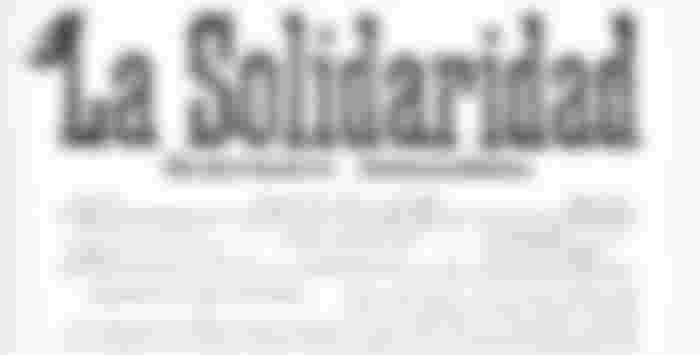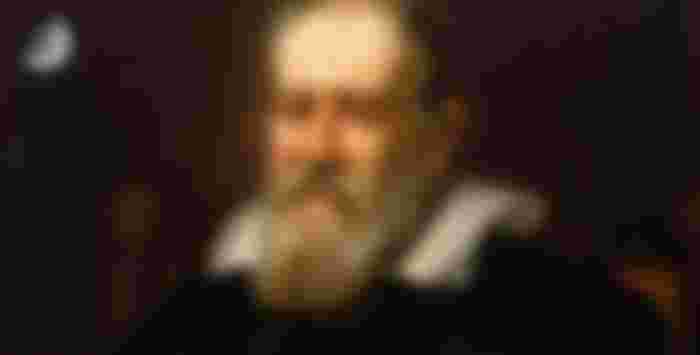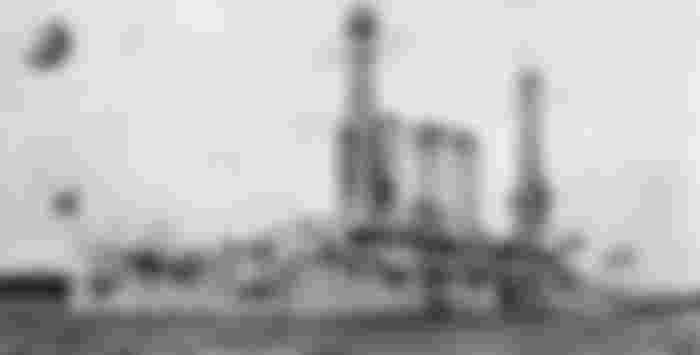02/15 What Happen Yesterday?
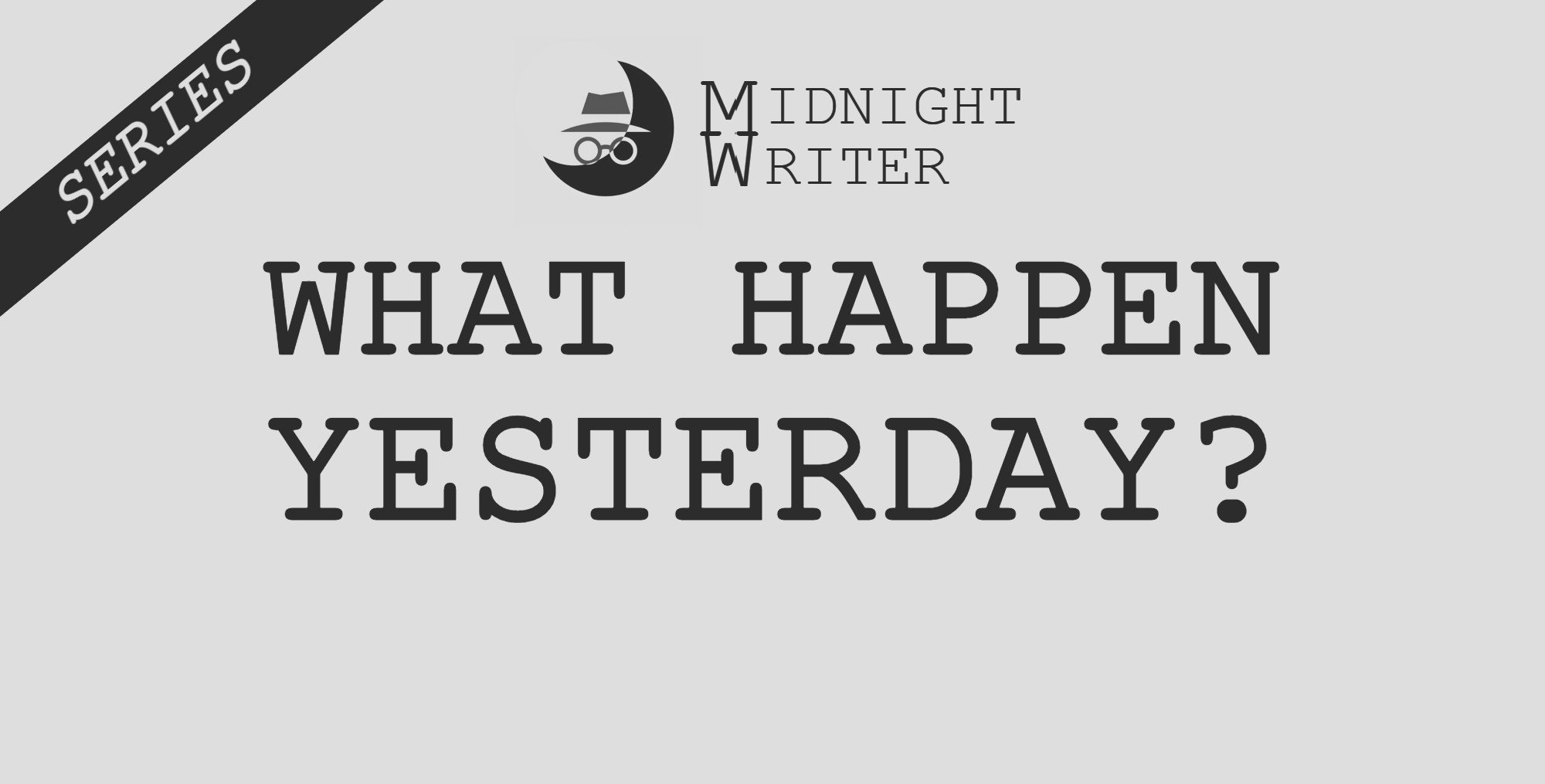
First Edition of the "La Solidaridad" Period
February 15, 1889

The newspaper La Solidaridad or Ang Pagkakaisa, became the main instrument of promoting reform for our country by Filipino propagandists and patriots in Europe, especially in Spain. On this day in 1889 the first edition of the newspaper La Solidaridad was released, in which Iloilo speaker Graciano Lopez-Jaena became the first editor-in-chief and head of the newspaper. La Soli is published every two weeks, and so many Filipinos and even foreigners have been its contributors. These include Jose Rizal, Marcelo del Pilar, Mariano Ponce, Isabelo delos Reyes, Antonio Luna, Jose Maria Panganiban, Eduardo de Lete, and Dominador Gomez.
La Solidaridad aims to reform the Spanish colonial government in our country: assimilation or becoming a Spanish province in the Philippines, having a Filipino representative in the Spanish parliament or Cortes, freedom of the press and formation of civic organizations and appointments to secular Filipino priests in parishes in exchange for friars. Even German anthropologist and expert in Filipino culture and history Professor Ferdinand Blumentritt and Spanish liberal Miguel Morayta supported La Solidaridad.
The release of La Soli lasted for six years, and during that long period the members' disagreement over reform over their aspirations, personal conflicts and most importantly, printing funds. The financial support provided to La Soli is dwindling, adding to the intense censorship of the La Soli authorities in our country. La Soli in the Philippines has only fallen into a few hands, and its reading is still secret. On November 15, 1895, La Soli finally stopped releasing its last edition. La Soli also ended up frustrated by the deportation of Rizal to Dapitan, and the lack of interest of some members to contribute to the periodical, and the illness of its main editors Marcelo del Pilar and Lopez-Jaena.
Galileo Galilei was born
February 15, 1564
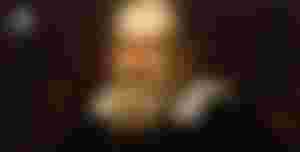
In the city of Pisa, Italy on February 15, 1564, the couple Vincenzo Galilei and Giulia Ammannati gave birth to their first child with their six children, Galileo di Vincenzo Bonaiuti de 'Galilei, or better known in history, especially which in the field of Science as Galileo Galilei or Galileo. Known as a mathematician, engineer, physicist and above all, Galileo was an astronomer, called the "Father" of modern science, scientific methods, modern physics, and observational astronomy.
His father was a famous musician in their city and made an important contribution to music. Galileo was born in Pisa, but he grew up in the city of Florence.
He attended a monastic school in Vallombrosa near Florence, and later studied medicine at the University of Pisa. But the call of science and mathematics grew stronger, and despite his father's opposition he voluntarily gave up medicine and pursued the teaching of mathematics and Aristotelian philosophy. He focused more on physics lessons, and he was one of the first to observe the nature of gravity a few years before it was formulated by Isaac Newton of England, velocity, the principle of inertia and projectile motion . More importantly, using a Dutch spyglass invention, he even developed such a telescope to study things in space. He first observed the motion of the planet Venus, the earth and the orbit of the Moon, and he also discovered the large moons of the planet Jupiter such as Ganymede, Callisto, Io and Europe and detailed the features of such a gas giant, namely that is the proclamation of the Great Red Spot which is a giant-eyed giant violent storm circling across Jupiter.
Through his studies in space and physics he was supported and funded by prominent Italian personalities, including the wealthy Medici family of Florence. But Galileo became controversial in the eyes of religious people, especially the Catholic church, because of his published book "Dialogue Concerning the Two Chief World Systems" published in 1632, which supported the heliocentric theory of Polish astronomer Nicolaus Copernicus . Although many supported his studies, he strongly opposed the Catholic church. The church, especially the then Pope Urban VIII, attacked his work, which they said was contrary to their doctrine. Galileo was indicted by the Roman Inquisition on heresy, for Galileo's condemnation of the then accepted belief that the earth was the center of the universe. Despite this, Galileo upheld his important work, and sentenced him to life imprisonment in his own home and forced him to withdraw his studies and convert to the teachings of the Catholic church.
He died in his own home on January 8, 1642 in Arcetri, in the Tuscan region of Italy at the age of 77. Until his death Galileo continued to be slandered, and the church even forbade him to publish and read Galileo's scientific studies. It was only more than 300 years after Pope John Paul II reopened Galileo's case in 1981 and they eventually cleared Galileo's defiled name and declared him right and the church was wrong in their judgment of Galileo.
The United States "Maine" War Ship exploded
February 15, 1898

If there is anything wrong with a piece of fake news, it is the war between Spain and the United States. It all started with the explosion of an American warship USS Maine on this day in 1898. While the ship was anchored in Havana, the capital of Cuba, a powerful explosion destroyed a 99-meter and 6,000-ton armored cruiser. , which was one of America's first iron warships. The ship Maine landed in Cuba, then a former Spanish colony, and at that time the United States wanted to protect its interest in Cuba while a revolution took place there. In the eruption of Maine past 9:40 p.m., 260 of its 400 crew were killed and several hundred more people were injured.
Although the cause of the explosion in Maine could not be determined, the so-called "yellow journalists" used this incident to further anger the United States against Spain. The "New York Journal" and "New York World" newspapers covered and changed the narrative of the incident, and it was reported that Spanish agents sabotaged Maine, planting bombs while its crews were asleep. As a result, the Americans became very angry with Spain, even though the Spaniards strongly denied that they were involved in the Maine explosion. "Remember the Maine!" the American propaganda cry to convince them to go to war with Spain. And on April 21, as the United States cut off its diplomatic relations with Spain, President William McKinley declared war on Spain.
It was 1976 when the Maine wreckage investigation confirmed that Maine exploded because of a fire in the ammunition depot, and not because of the sabotage.
Copyright © 2021 MidnightWriter. All Rights Reserved
